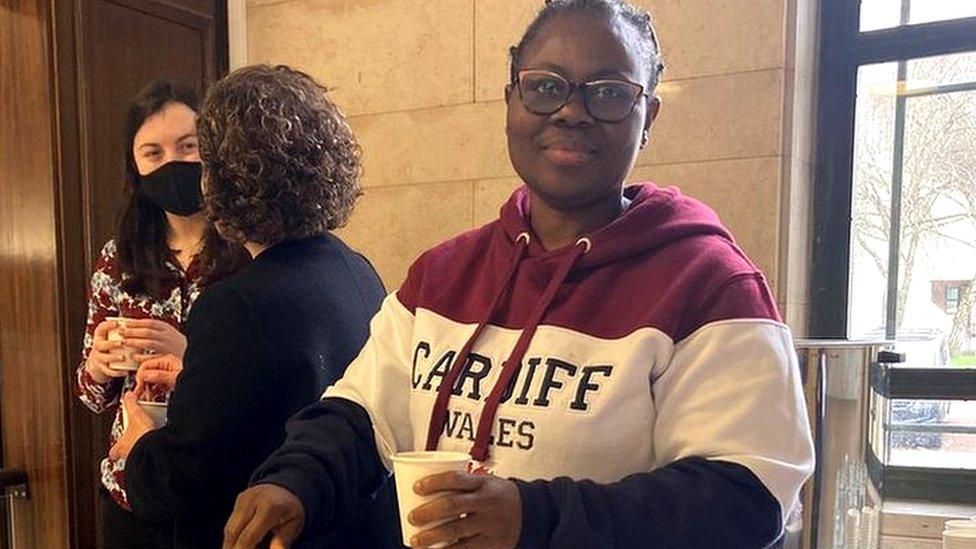Musician JP Bimeni's journey from Burundi war to Wales
- Published

Jean Patrick Bimeni moved to Wales fleeing fighting in Burundi
Burundian-born Jean Patrick (JP) Bimeni is a successful recording artist, in the middle of a sold-out European tour.
But in 1995 he fled the war-stricken country after earning a scholarship at Atlantic College in the Vale of Glamorgan.
He now describes Wales as the spiritual home that started his healing process.
Arriving in Wales as a traumatised and injured teenager, the 45-year-old learned to repair himself with the people he now calls his family.
On his first night at the 13th century St Donat's Castle which houses the college, JP called his mother back home and told her: "Mum, I'm living in a castle, I feel like a king… but better than that, I feel safe."
"Just months before I was lying in a hospital bed in Kenya, watching maggots and pus coming out of my chest drain," he said. "I'd been told I wouldn't survive the gunshot wound I'd sustained in Burundi; a priest even came to read me my last rights.
"Then I learned of a scholarship to Atlantic College, and it gave me the faith to keep living," he said.
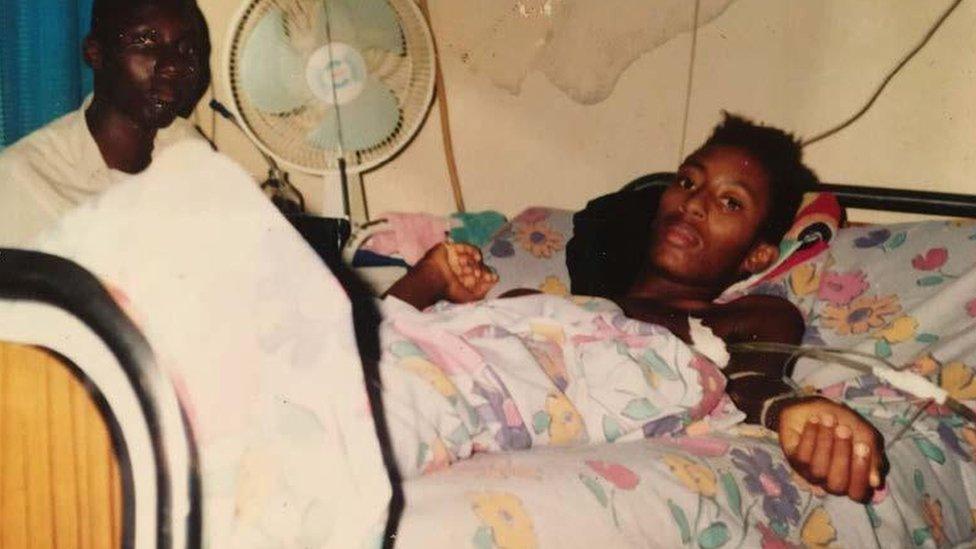
JP in hospital from a gunshot wound before coming to Wales as a student
Born in the then Burundian capital Bujumbura, JP was always destined to be a performer.
"As a small child my friends and I would play silly pranks on the neighbourhood: knocking on doors and running away," he said. "Once I even took my mother's wig, dress and high heels, to pretend to be a pregnant woman crossing the road.
"I'd choreograph Michael Jackson dances with my friends," he said.
"But by age seven my mother had decided enough was enough - my two elder brothers had messed about in school - and I should go to the countryside to board at a convent so I didn't follow down the same path."
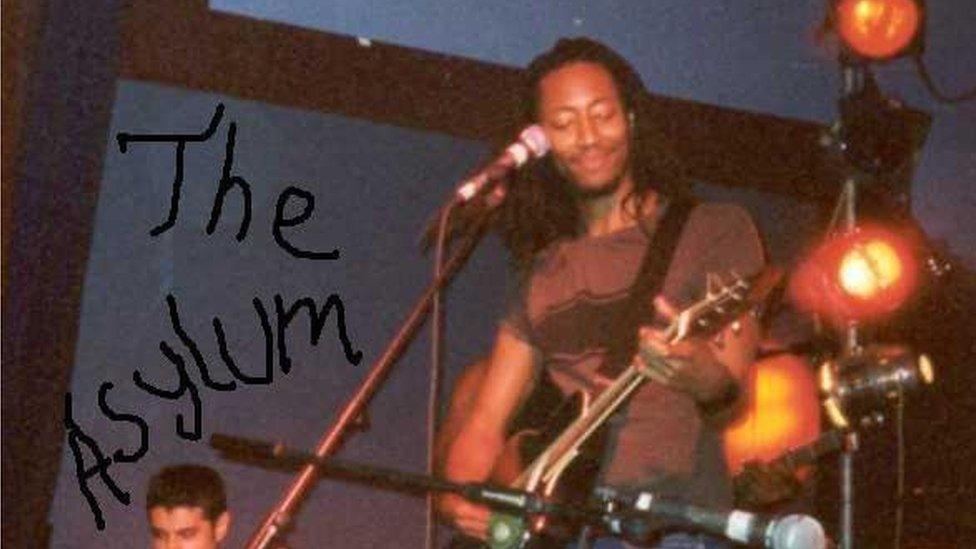
JP is now a successful recording artist
This was a considerable sacrifice for JP's mother, who was already a single parent of four boys, and could barely afford the school fees.
Yet his education would help him to overlook the ethnic divisions in his school.
In common with many Burundians, he was born with a mixture of heritages, from the former royal Gamwa group and the Tutsi tribe.
Tutsis are a minority in Burundi, but they have been the main power brokers since colonial times.
JP's mother had gone to some length to prevent her sons from identifying with neither them, nor the Hutus who comprised 85% of the population.
"I played basketball with Hutus, I shared a dormitory with them," he said. "I had no real idea of the difference between me and them until 1993."
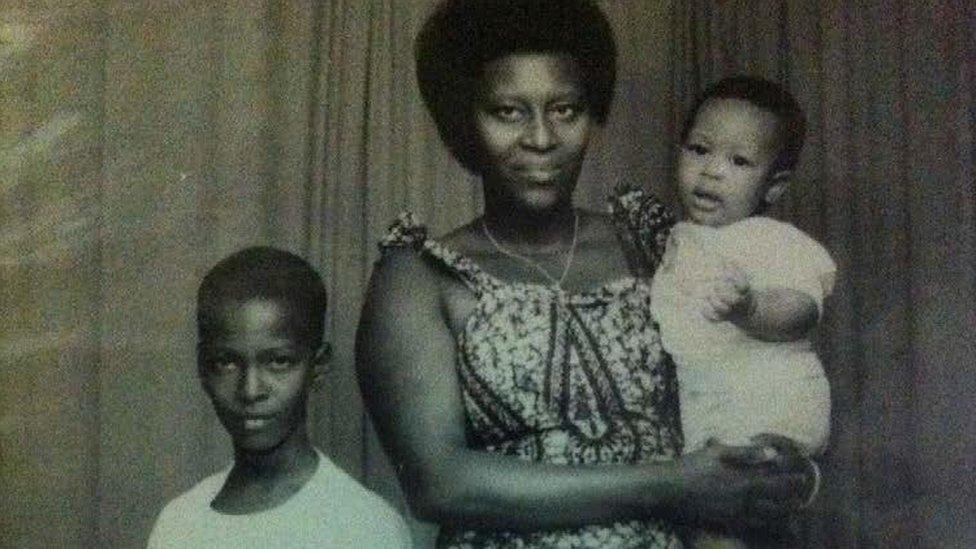
JP says his mother sacrificed to pay for his education
That October friend turned on friend following the assassination of Hutu President Melchior Ndadaye.
When the war arrived at JP's boarding school he led an escape of pupils and teachers - both Tutsi and Hutu - across several roadblocks.
Though JP would venture back behind enemy lines to his school in order to rescue the book of poetry he had written, much of which comprise the lyrics of his modern-day songs.
"I don't know why I went back, I just knew that if I didn't retrieve that book that I would be as good as dead, emotionally speaking, so I had very little to lose."
JP weeps as he describes the horrific sights he witnessed.
These included a spear through a boy's leg, one of his friend's eyes hanging out, and a massacre of the Hutus who had captured his school.
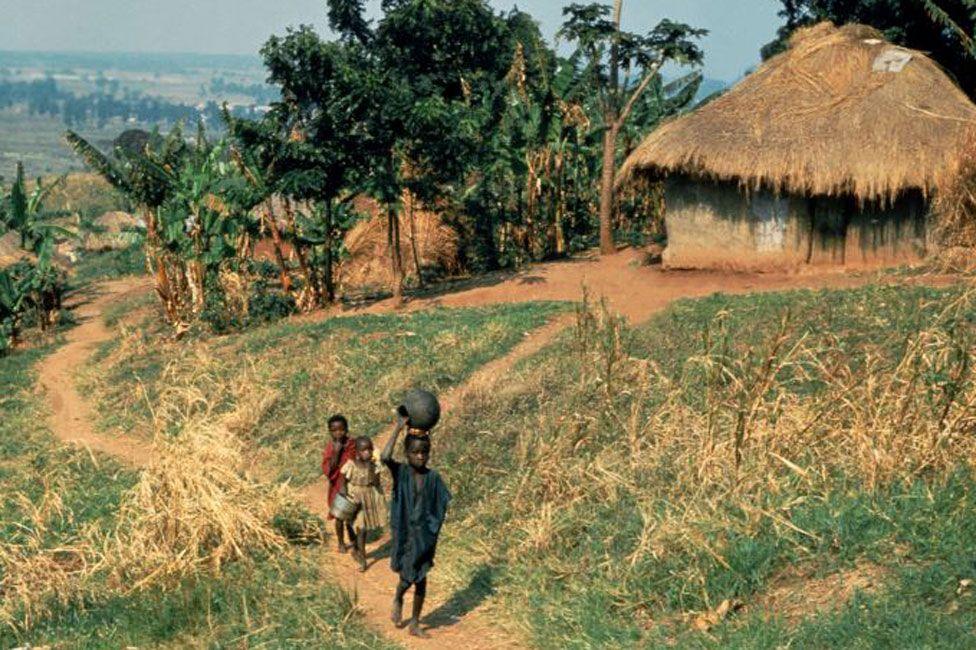
Children in rural Burundi
"When I arrived in Wales I was a broken man," he recalled. "Maybe you couldn't see that from the outside, because I was still fighting."
At the time JP spoke very little English, and struggled to express himself.
"At first it was okay as I arrived before everyone else for an intensive English course, but after that it soon became apparent that I had some issues."
JP could not sit with his back to the classroom door, and would constantly get up to review his escape options.
He was referred to a psychologist in Cardiff, where he was diagnosed with PTSD, hypervigilance and survivor guilt.
He said there were many people in Wales who saved his life from 1995 to 1997.
He remembered in particular Ray Silkstone, his houseparent, and Catherine Jackson, an English tutor.
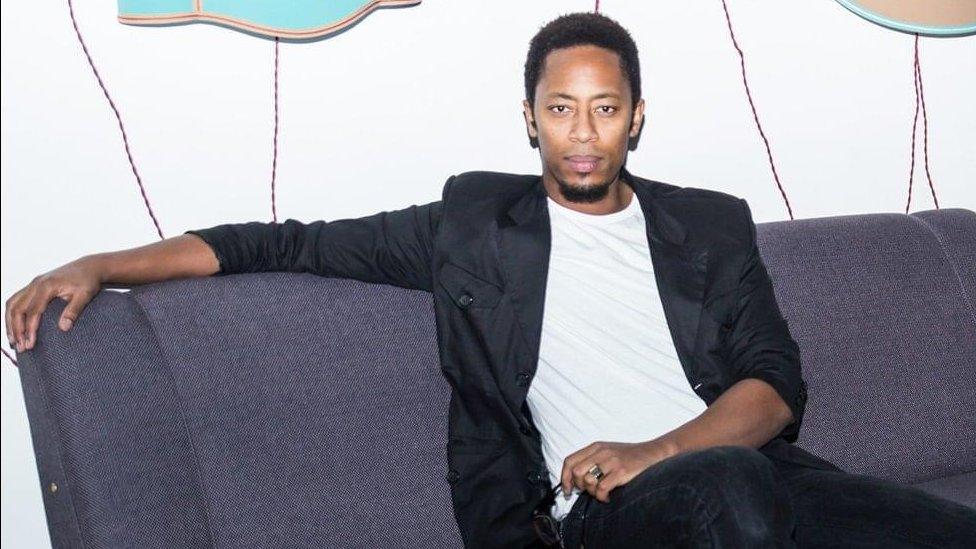
JP says people in Wales helped him to overcome the mental trauma he suffered during the war in Burundi
One thing immediately obvious in speaking to JP is the ease which these names trip off his tongue, and the gratitude he has for them.
In particular he recalled his friends at Atlantic College, including Will Grace and Charlotte Bowen.
"Ray took me to his family farm in the holidays, and the peace - just milking cows - made me feel whole again.
"Will was the one who made me feel properly Welsh; he said if I apply for a passport I have to say I'm Welsh not English; to this day I call him 'Welsh' and he calls me 'Burundi'."
After completing an International Baccalaureate in Oxford, JP earned a degree in politics from the University of Central Lancashire in Preston.
He now lives in London, and as well as touring with his band The Black Belts, he works as a caterer for an events company.
He has an 18-year-old son and a nine-year-old daughter who he said helped him to realise that the traumas he went through were worth enduring.
JP said his many life experiences, including his love of Wales, were reflected in his music.
His full story can be heard on the BBC World Service's Lives Less Ordinary, A poet in a Burundi war zone, part 1.

THE WELSH MUSIC SCENE: Bethan Elfyn introduces profiles, sessions and live performances
STEREOPHONICS LIVE: Welsh rock royalty Stereophonics headline the Principality Stadium

- Published5 March 2020
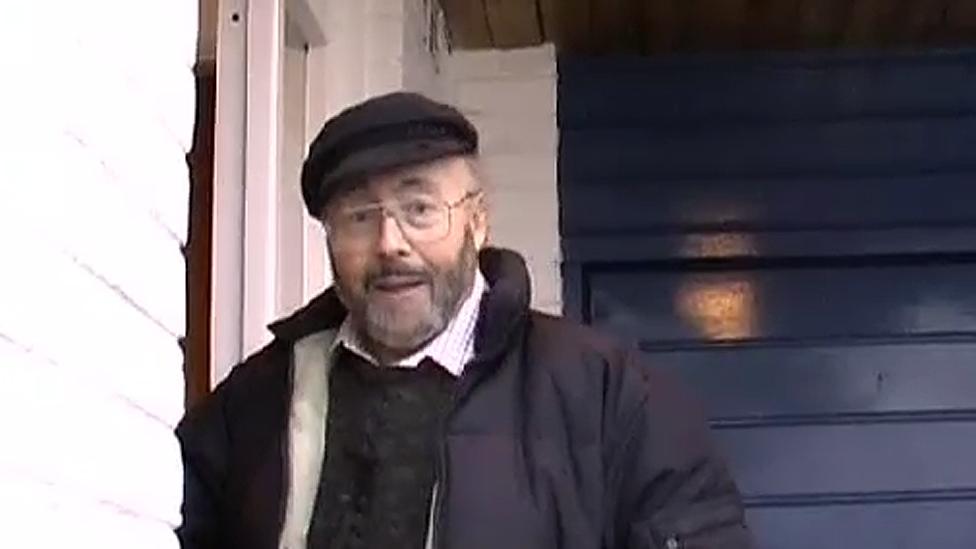
- Published13 January 2022
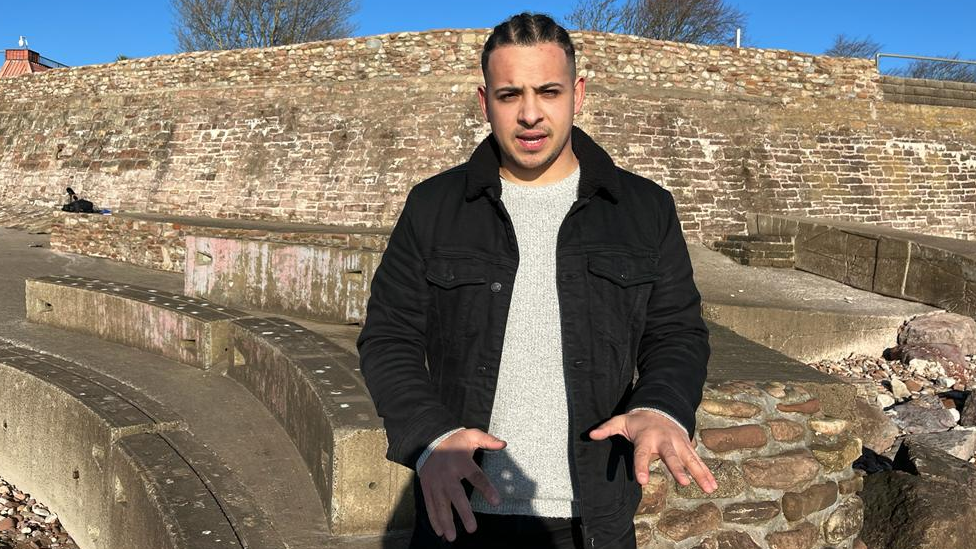
- Published17 March 2022
